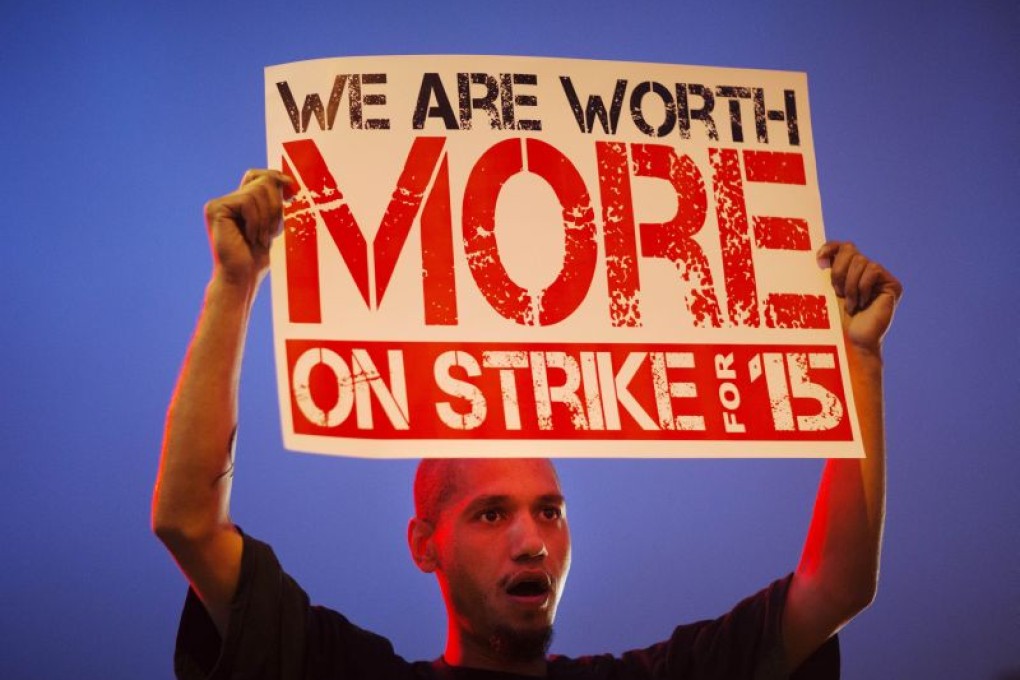The paradox of minimum wages
Peter Drucker wrote during the latter half of the last century that as industries and, therefore, jobs were becoming more knowledge-based, qualified workers were gaining more flexibility in deciding where and when to work, and who to work for.
Nowadays, in our society, thanks to the protection of the statutory minimum wage, not only knowledge workers but job seekers in general seem to be getting pickier in choosing where to offer their labour services...

Peter Drucker wrote during the latter half of the last century that as industries and, therefore, jobs were becoming more knowledge-based, qualified workers were gaining more flexibility in deciding where and when to work, and who to work for.
Nowadays, in our society, thanks to the protection of the statutory minimum wage, not only knowledge workers but job seekers in general seem to be getting pickier in choosing where to offer their labour services.
But there is a paradox regarding the general job market in our contemporary society: on the one hand, it is becoming increasingly competitive, with young people seeming to find it more difficult to get jobs than the previous generation did; on the other hand, many labour-intensive companies complain that there is a growing shortage of applicants showing an interest in the vacancies to be filled.
Competition is the best guardian against any abuses of labour
While workers in all industries are now protected by a generic minimum level of pay, some jobs are suddenly becoming more popular than others. Those positions perceived as being relatively easy or comfortable, such as indoor security guard, tend to be more attractive; while those seen as relatively laborious or challenging, such as airport services officer, are becoming less desirable.
Notwithstanding the good intentions behind it, such as preventing abuses and protecting the well-being of those at the bottom rung of the labour market, the statutory minimum wage has the unintended consequence of distorting the demand for jobs. But it also affects the supply side of the market, undermining the competitiveness and sustainability of small businesses.
Those hardest hit seem to be small-scale street restaurants. Given the expensive and fast-rising rents in Hong Kong, which are already making it hard for them to generate satisfactory returns for their owners, wages are now making it even harder for these small businesses to remain sustainable. Even larger-scale Chinese restaurant chains seem to be forever short of manpower and, therefore, friendly service.
Ironically, luxury-brand stores and pharmacies, especially those selling milk powder, are the only types of shop which can afford the skyrocketing retail rents in Hong Kong nowadays.
To have the best of both worlds – the merits of the minimum wage without its drawbacks – what our society needs is a handicapped, or tiered, system of implementation. To encourage start-ups and protect small businesses, thereby also boosting employment opportunities, enterprises up to a certain scale – in terms of revenue, manpower or any other logical and feasible measures – should be exempted from the strict application of the statutory minimum wage. As competition is the best guardian against any abuses of labour, start-ups and small businesses will be in no position to take unfair advantage of the exemption against large, well-established companies. Of course, the challenge will then lie in the decision about where to draw the line. That will be up to the wisdom of the politicians and, in particular, the ruling elites – as well as being another good topic for an MBA thesis.